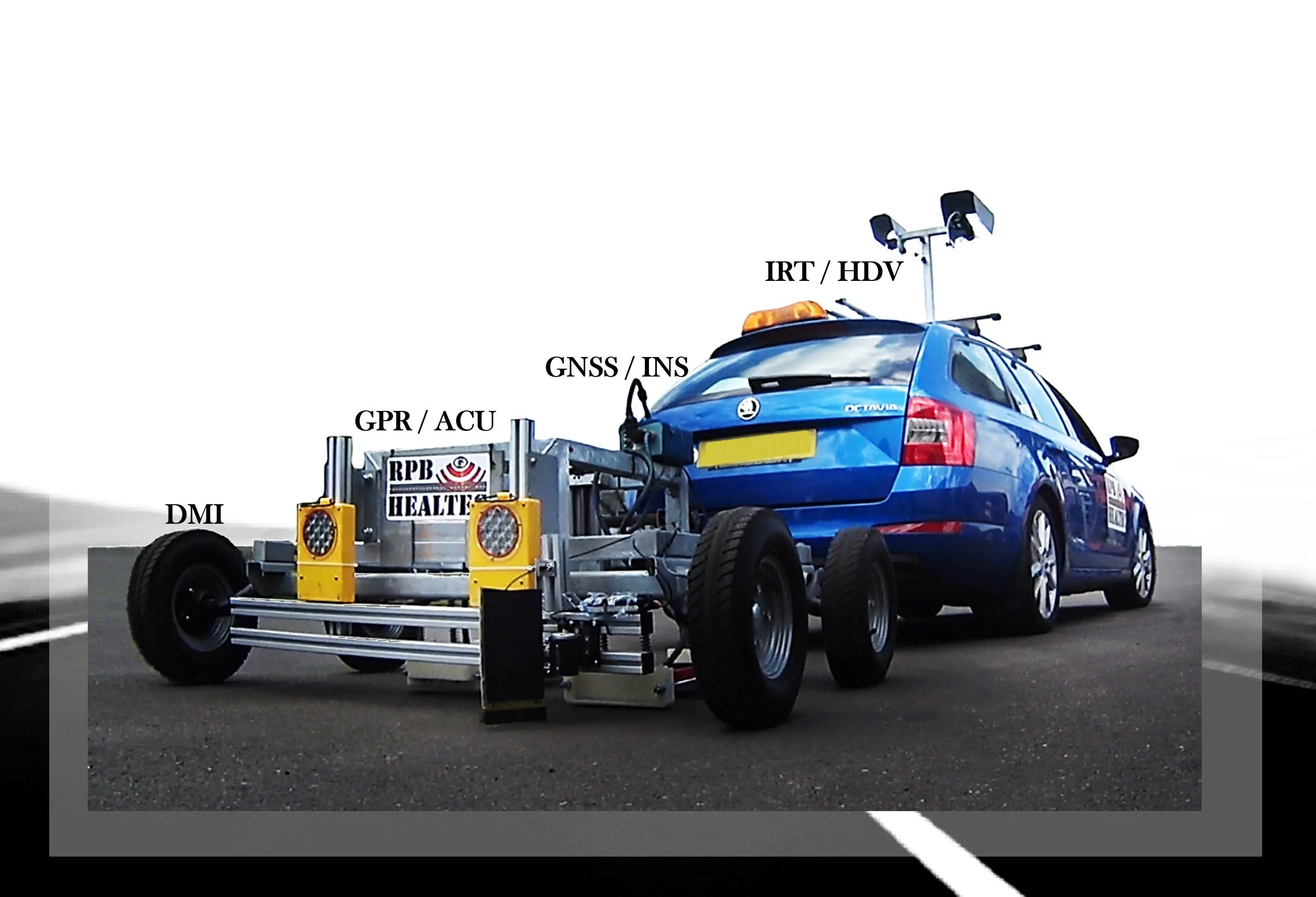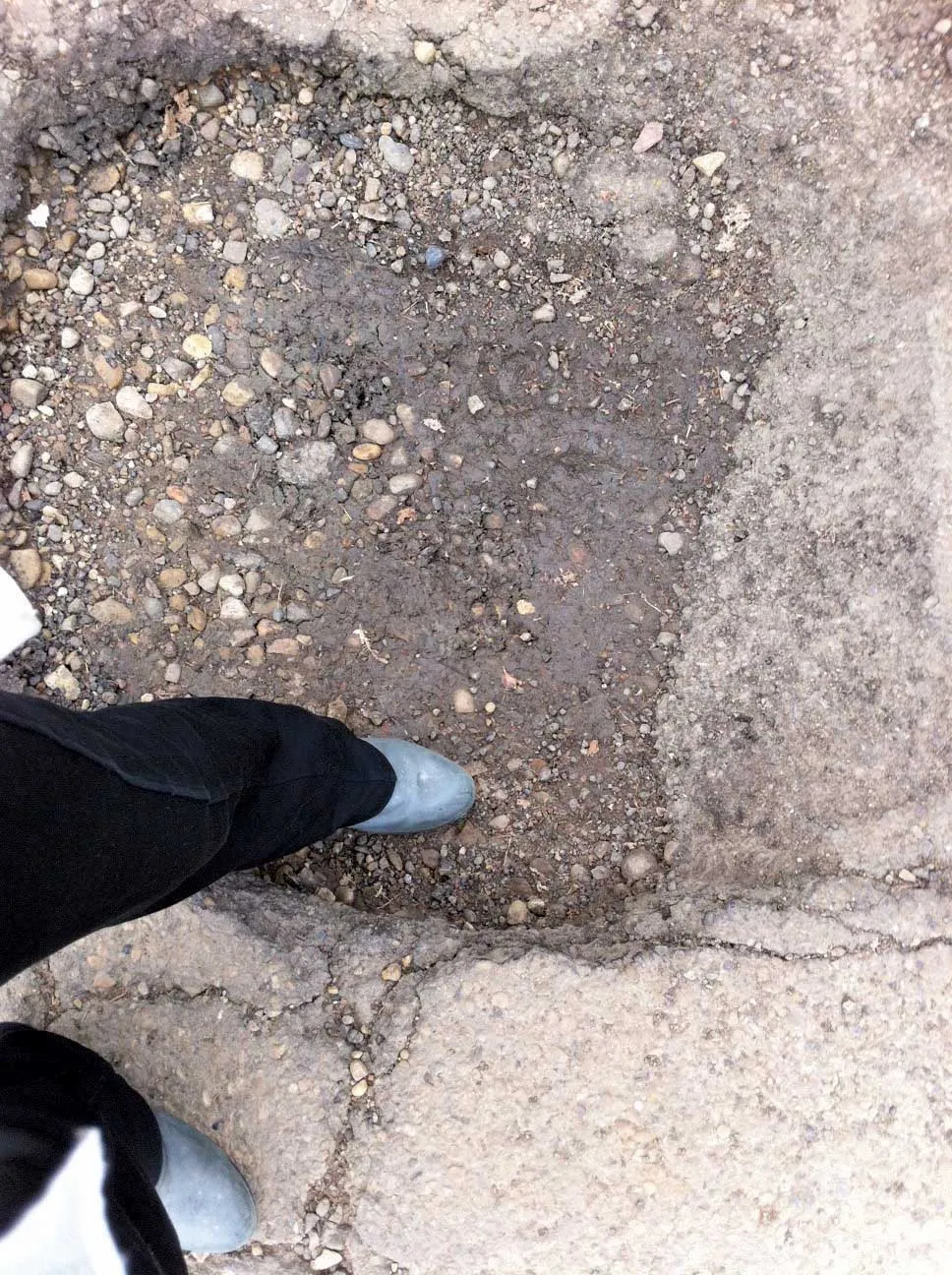Innovia Technology, a UK research consultancy, has been chosen to evaluate an environmentally friendly road project in the US state of Georgia.
Innovia, based in the city of Cambridge, will evaluate technologies and systems that the Mission Zero Corridor project has identified as useful for creating social, environmental and economic value from new roads. These include algae biodiesel gas stations, smart solar-powered roads, moon-cycle adjusting lights, wildlife bridges, driverless cars and electric-car ch
August 7, 2015
Read time: 2 mins
Innovia Technology, a UK research consultancy, has been chosen to evaluate an environmentally friendly road project in the US state of Georgia.
Innovia, based in the city of Cambridge, will evaluate technologies and systems that the Mission Zero Corridor project has identified as useful for creating social, environmental and economic value from new roads. These include algae biodiesel gas stations, smart solar-powered roads, moon-cycle adjusting lights, wildlife bridges, driverless cars and electric-car charging lanes.
Innovia’s role is also to evaluate the technologies for scalability and suggest ways of attracting stakeholders to invest time and money in projects.
“Worldwide the highway infrastructure is continuously maintained, rebuilt and expanded at considerable economic and environmental cost,” said Alastair MacGregor, chief executive of Innovia. “The Mission Zero Corridor Project is proposing an alternative future where highways have a positive impact on our communities.”
The Mission Zero Corridor project is part of a larger is a project called Blueprints for Successful Communities programme, undertaken by the Georgia Conservancy, a state-wide, membership environmental organisation that advocates for land conservation, coastal protection and sustainable growth.
Blueprints study focuses on the 25km Ray C. Anderson Memorial Highway, part of the Interstate 85 highway – called Mission Zero Corridors - in western Georgia.
Blueprints is run in partnership with faculty and graduate students in the School of Architecture at the Georgia Institute of Technology and a studio instruction team from299 Perkins+Will, Architects, in Atlanta. Their work is to examine ways to transform highway corridors into roadways that have far less degrading environmental impacts.
More information about Mission Zero Corridor Project is %$Linker:2 External <?xml version="1.0" encoding="utf-16"?><dictionary /> 0 0 0 oLinkExternal available here Visit MZC executive summary page false http://www.raycandersonfoundation.org/assets/pdfs/MZC_executive_summary.pdf false false %>.
Innovia, based in the city of Cambridge, will evaluate technologies and systems that the Mission Zero Corridor project has identified as useful for creating social, environmental and economic value from new roads. These include algae biodiesel gas stations, smart solar-powered roads, moon-cycle adjusting lights, wildlife bridges, driverless cars and electric-car charging lanes.
Innovia’s role is also to evaluate the technologies for scalability and suggest ways of attracting stakeholders to invest time and money in projects.
“Worldwide the highway infrastructure is continuously maintained, rebuilt and expanded at considerable economic and environmental cost,” said Alastair MacGregor, chief executive of Innovia. “The Mission Zero Corridor Project is proposing an alternative future where highways have a positive impact on our communities.”
The Mission Zero Corridor project is part of a larger is a project called Blueprints for Successful Communities programme, undertaken by the Georgia Conservancy, a state-wide, membership environmental organisation that advocates for land conservation, coastal protection and sustainable growth.
Blueprints study focuses on the 25km Ray C. Anderson Memorial Highway, part of the Interstate 85 highway – called Mission Zero Corridors - in western Georgia.
Blueprints is run in partnership with faculty and graduate students in the School of Architecture at the Georgia Institute of Technology and a studio instruction team from
More information about Mission Zero Corridor Project is %$Linker:







